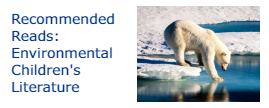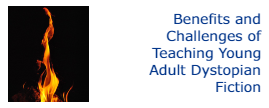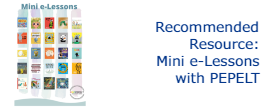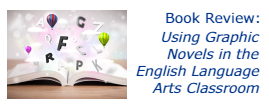
Editorial – Janice Bland
Contents & Editorial: Reading Books Underpins Digital Literacy Skills
Editorial – Janice Bland
In the editorial, Janice Bland comments on the OECD 2021 publication, 21st-Century Readers: Developing Literacy Skills in a Digital World, the connections between book reading and digital literacy and the ramifications for language education and children’s literature pedagogy. read more






